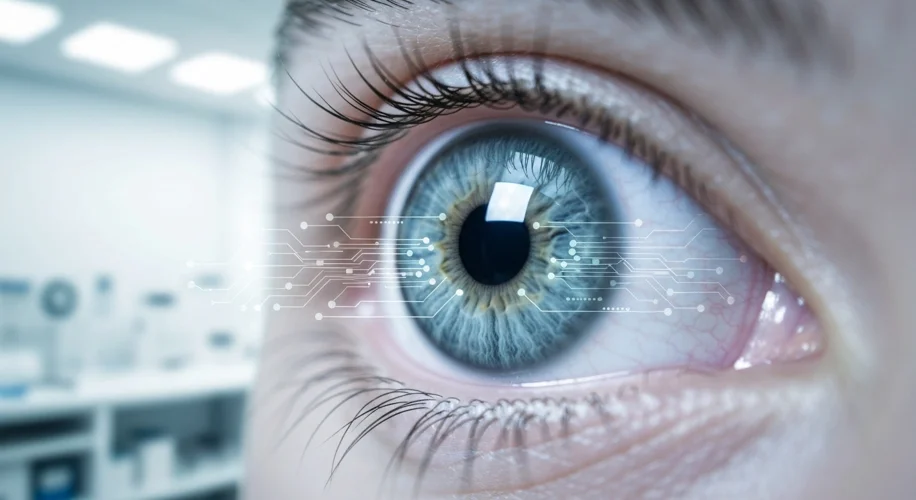It’s normal for medical advancements to bring up questions, especially when they become widely discussed. We’ve seen a lot of attention on certain weight-loss medications lately. Now, new research is shedding light on a potential side effect that’s important for people to know about.
Recent studies have observed a connection between the use of some popular weight-loss drugs and a specific type of vision problem: sudden vision loss. This isn’t something to panic over, but it is crucial to understand what the science is telling us.
Understanding the Research
Scientists have been looking closely at patients using GLP-1 receptor agonists, a class of drugs often prescribed for type 2 diabetes and weight management. These medications work by mimicking hormones that regulate blood sugar and appetite. While they have shown significant benefits for many, this new body of research points to a possible, though rare, risk.
The concern centers on a condition known as diabetic retinopathy. This is a complication of diabetes that affects the eyes, often developing when high blood sugar levels damage the blood vessels in the retina. What researchers are investigating is whether the rapid changes in blood sugar and metabolism associated with these drugs could, in some individuals, exacerbate or even trigger vision issues like diabetic retinopathy.
What Does This Mean for You?
First and foremost, it’s important to remember that these findings are based on ongoing research. The incidence of vision loss linked to these drugs appears to be low, and the benefits of managing weight and blood sugar for many people remain significant.
However, awareness is key. If you are taking, or considering taking, these medications, here’s what you should keep in mind:
- Talk to Your Doctor: This is the most important step. Discuss your medical history, including any existing eye conditions, with your healthcare provider. They can assess your individual risk factors and monitor your health.
- Regular Eye Exams: If you’re on these medications, or if you have diabetes, regular comprehensive eye exams are essential. Your eye doctor can detect early signs of retinopathy or other vision problems.
- Stay Informed: Medical science is constantly evolving. Following reputable health news and staying in communication with your doctor will help you stay updated on any new findings or recommendations.
This research highlights the complex nature of medical treatments. While these drugs can offer valuable support for health management, it’s a reminder that we must always consider the full picture, including potential side effects, and work closely with our healthcare providers to make informed decisions about our well-being.
As a scientist, I’m always fascinated by how research uncovers new layers of understanding about our bodies and the treatments we use. It’s this continuous learning and open dialogue that helps us navigate the world of health and science more effectively.

